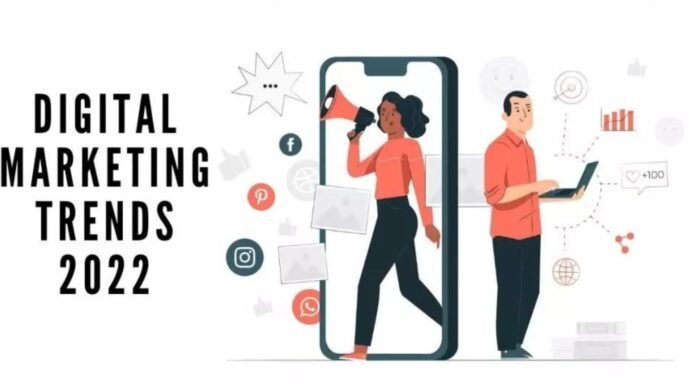Earlier this year, I wrote about 5 digital marketing trend predictions that are transforming the industry as you read this. Here are five more trend predictions that every marketer should consider keeping up with if they want to have an impactful ending to 2022:
1. Content will become as important as ad operations
Over the last 5 years, ad operations have become more streamlined and less complicated. A natural course considering larger companies like Google and Facebook are investing in the power of UI and UX, and therefore working towards making ad operations simpler.
Without discounting the fact that those experienced in ad operations come with much-needed expertise in growth hacks, we must acknowledge that soon it will be hard to distinguish between ad operation skill levels.
The key differentiator then will be content.
With the explosive increase in digital advertising, brands need to leverage analytics to learn what makes their ads tick in terms of copy and design. If brands want to stand out, their content needs to do the talking.
2. Marketing teams will get leaner with specialists leading the pack and generalists seeing the end of their career
This is a trend that has been a long time coming.
Generalist roles like Marketing Manager or Digital Marketing Manager have been losing value over the last 3 years and will only continue to depreciate in the future.
While there will always be merit in understanding the overall aspect of marketing (which by default stands for digital marketing), the generalist role will exist only in the higher rungs of the corporate ladder. Junior and mid-level professionals who seek generalist profiles as a career are looking for fish in a bathtub.
3. Digital marketing for branding – like performance campaigns – will continue to eat into the share of traditional marketing
Some may say offline marketing is on its way to its grave. Some may say it’s already 6-feet under.
Whatever you believe, you can’t deny that in the last few years, brands that want to see direct/quick & measurable ROI in their performance campaigns are veering towards digital rather than traditional marketing.
Not that TV and Newspaper ads don’t hold weight when it comes to brand building – hello IPL sponsorships – but not all companies have infinite budgets to expend on traditional marketing for performance or branding campaigns. Moreover, growing media clutter and the prospect of direct ROI through pure performance campaigns only make the case for digital marketing stronger.
Connected TV, the growth of Metaverse, digital billboards, and mobile, and location-based solutions are all coming into the mix. Brands that do spend big on offline marketing are doing blitz campaigns. In 2022, we will see sustenance campaigns supersede such blitz campaigns because the pandemic has shown us that digital marketing for branding achieves better sustained, long-term impact and cost-effectiveness for brands of all shapes and sizes.
The shift from traditional to digital is evident and increasing day by day, and it would be foolish to think otherwise.
4. Marketing plans will be further ROI driven
Anyone who tells you their marketing efforts is effective but can’t be measured is lying.
In today’s world, everything is measurable. And marketing is no exception, no matter the kind. Which explains why brands today demand to see ROI projections in marketing plans. Many marketers have gotten away with offering only qualitative results like brand recall, equity, views, and engagement.
But even branding needs to be measured. Regardless of the objective, marketing plans need to have long, medium, short-term, and instant ROI associated with them.
5. The new Personal Data Protection (PDP) Bill will give birth to privacy advocates who will be elevated to a new status in organizations
For organizations that are frivolous with customer data, this is bad news.
Under the new PDP Bill, organizations will be compelled to appoint a Data Protection Officer (DPO) to be accountable for compliance like ensuring first-party data has been ethically collected or that there is proper scope for the customers to opt out. Organizations will be liable for procuring data from unaccounted, third-party sources and storing data in non-compliant ways.
A lot of data is loosely available in the market today. But organizations that expended budgets on procuring this third-party data were throwing money down the drain because this data is unclassified and uncategorized rendering it useless. With the PDP bill, the industry will be rid of such data and make way for reliable first-party data.
